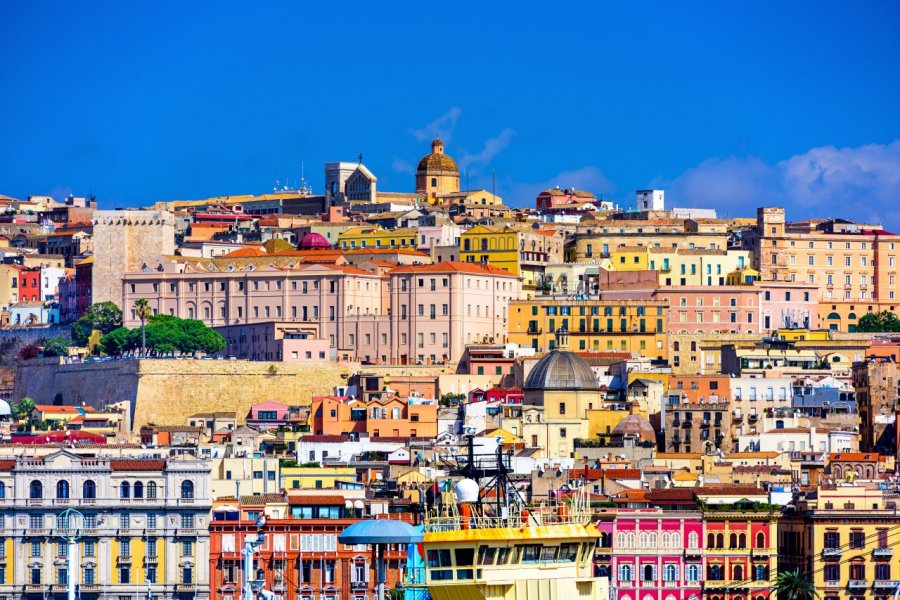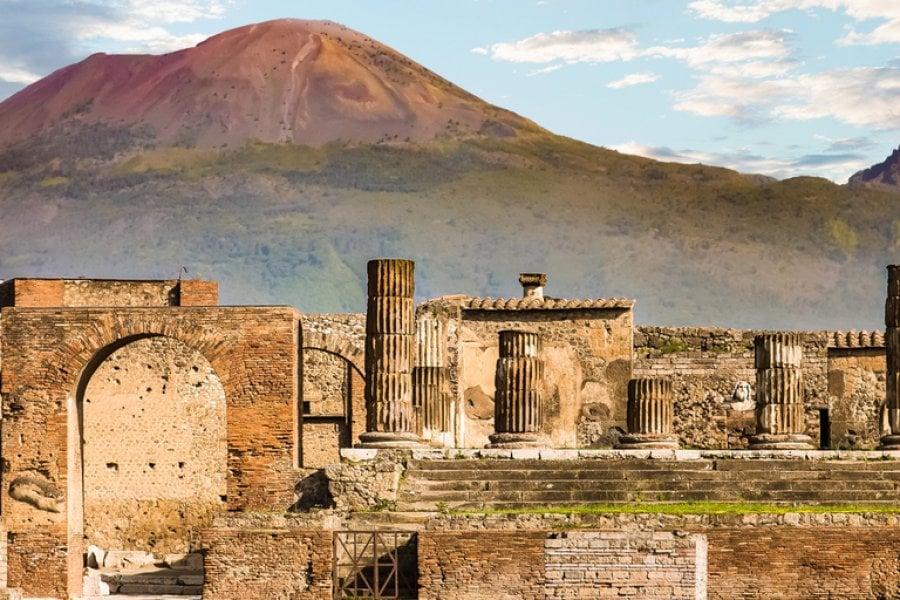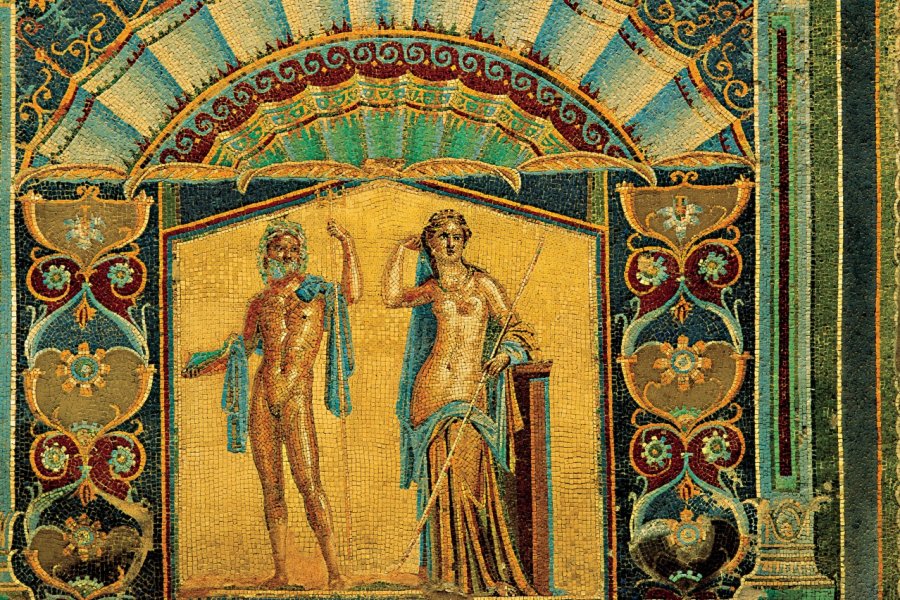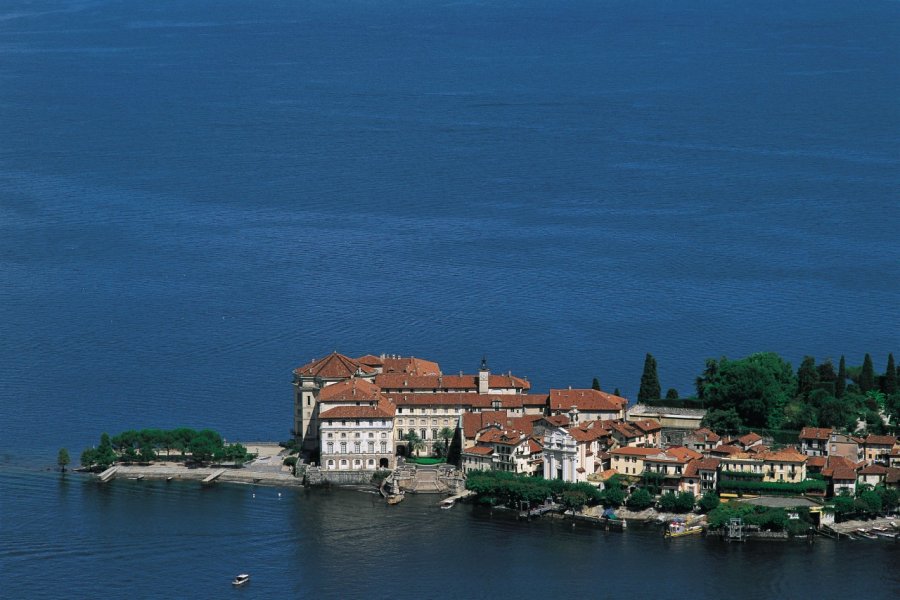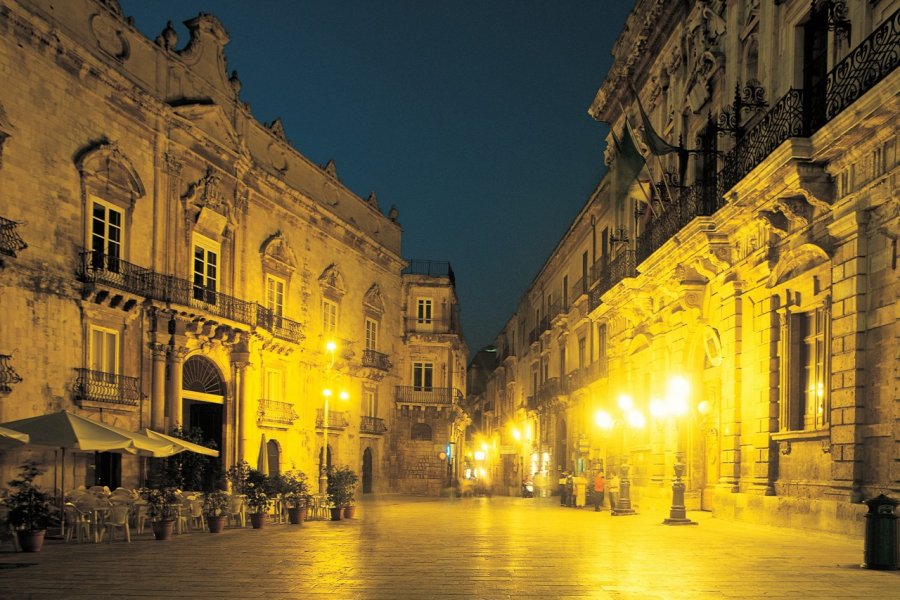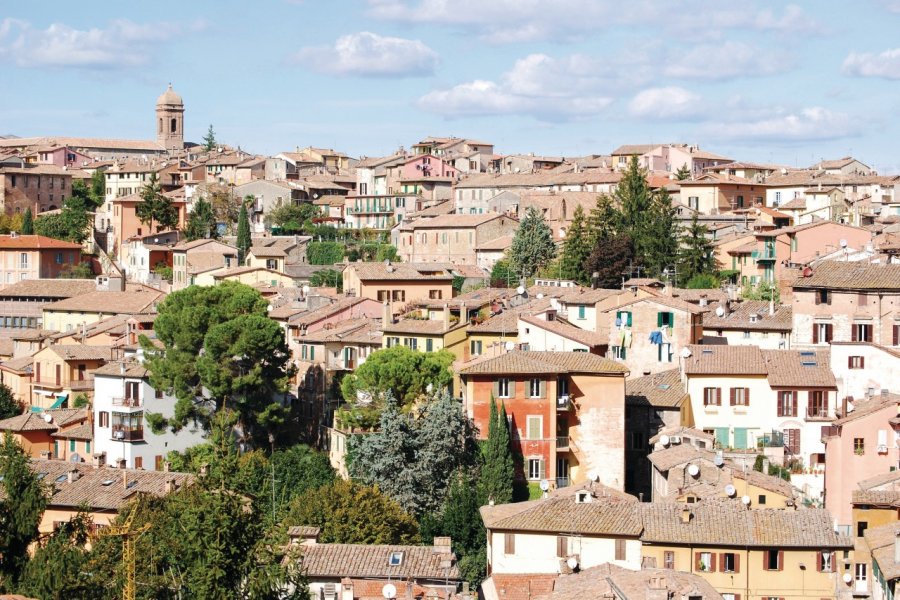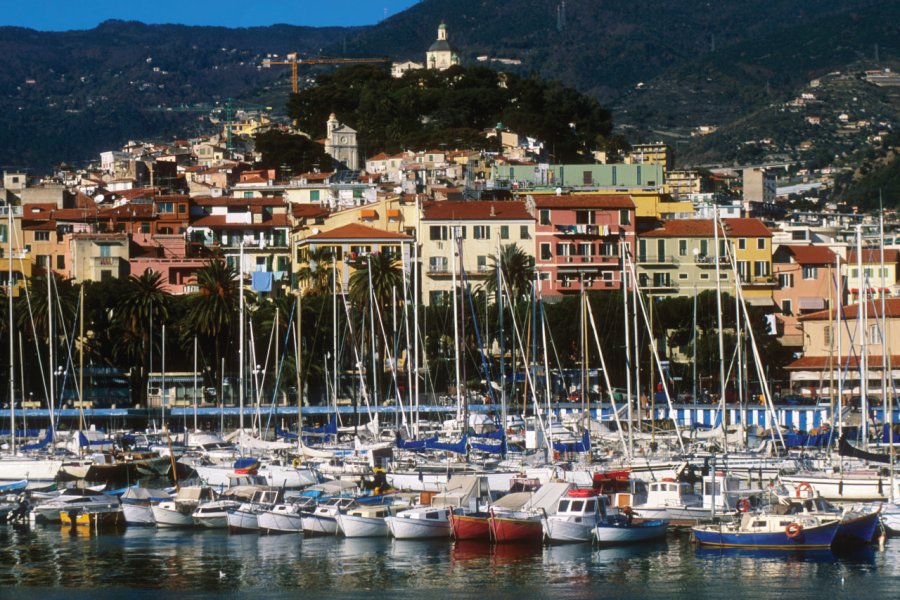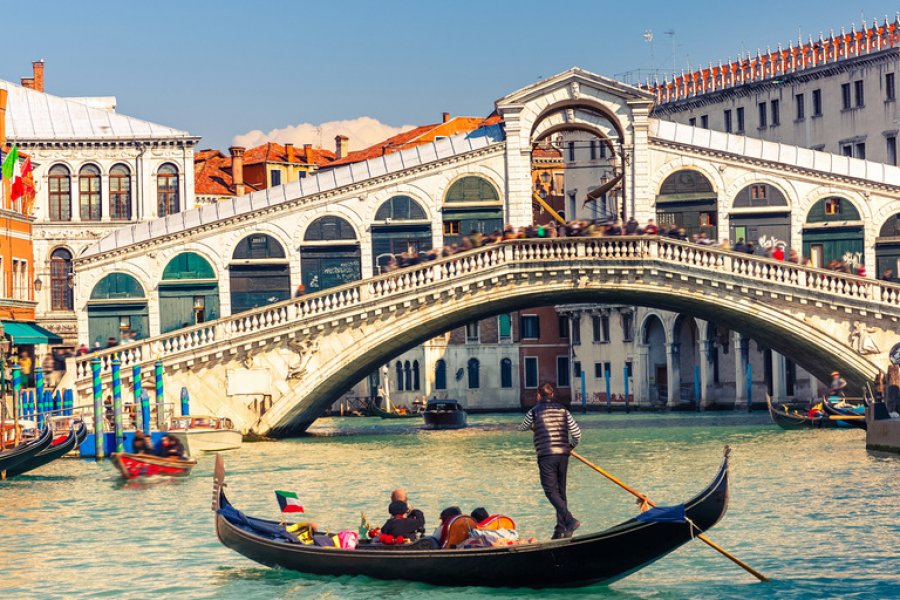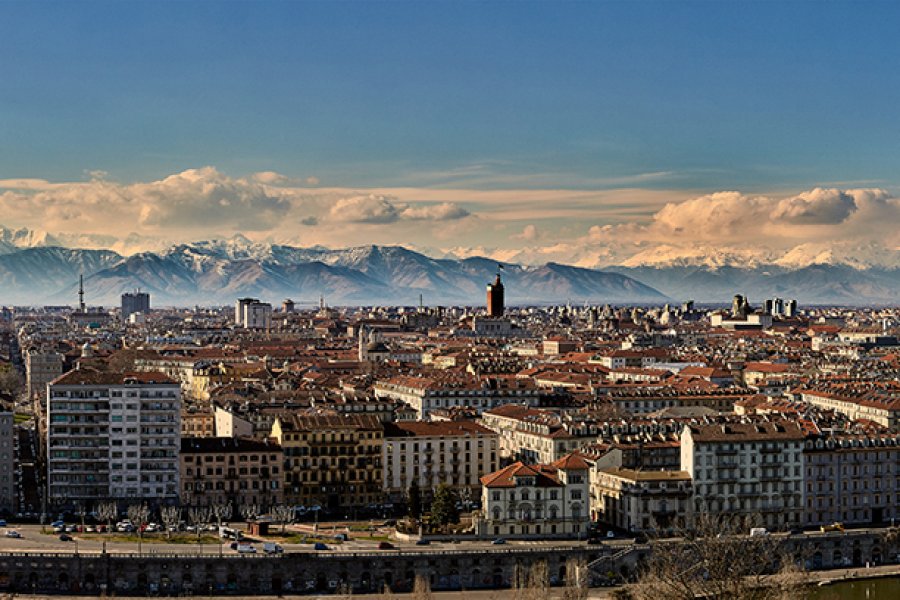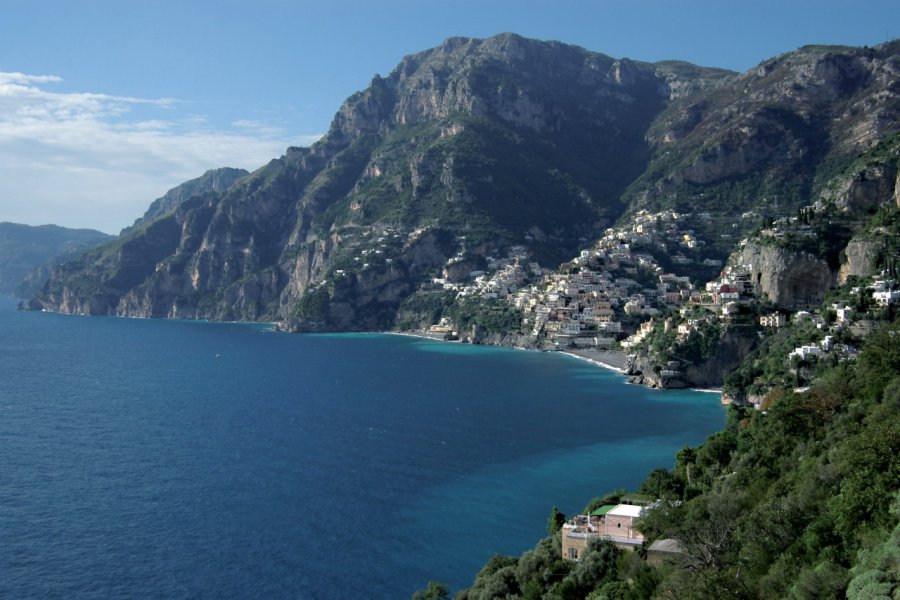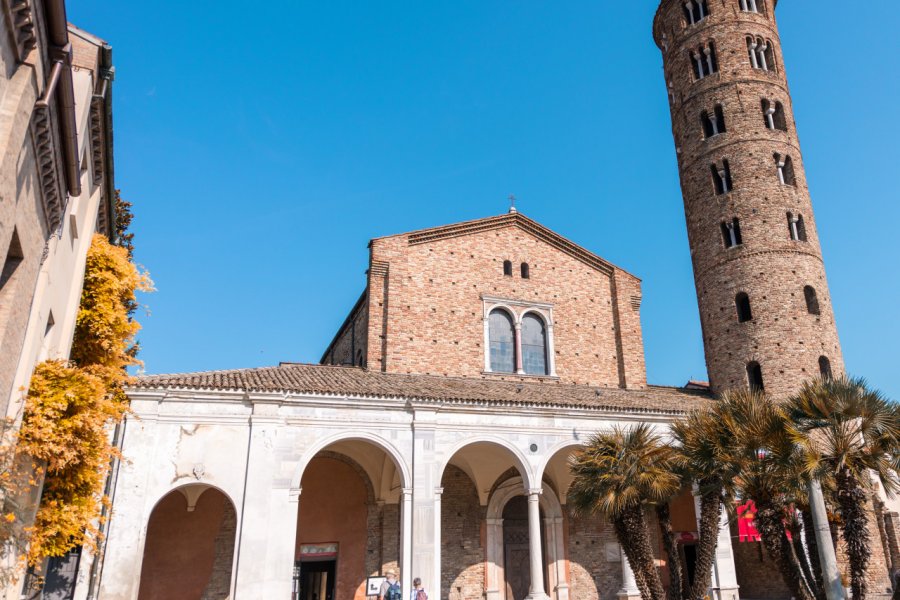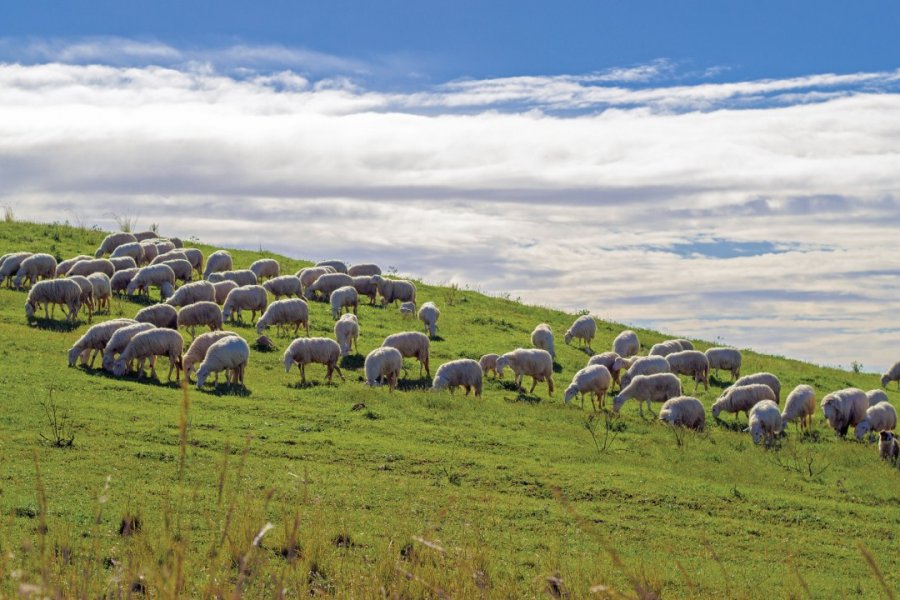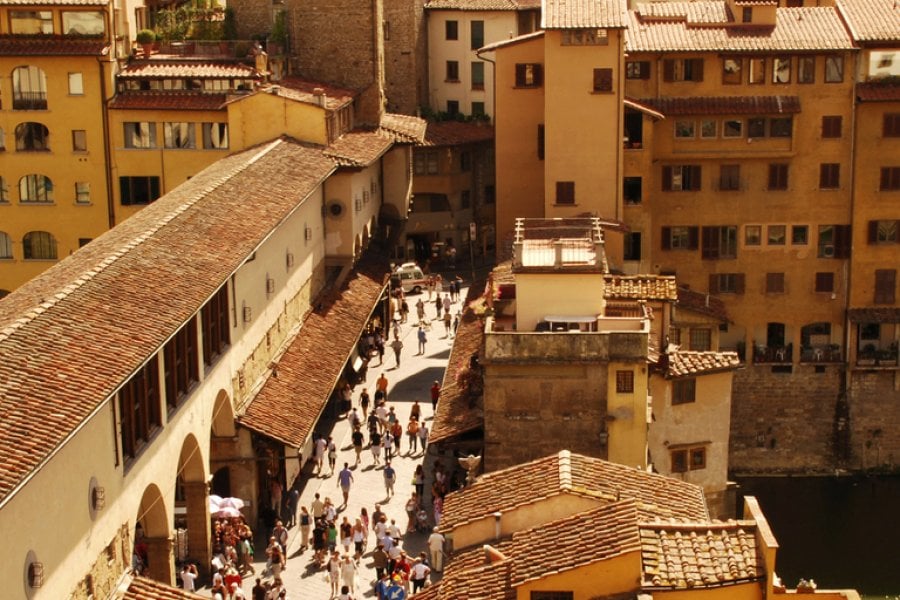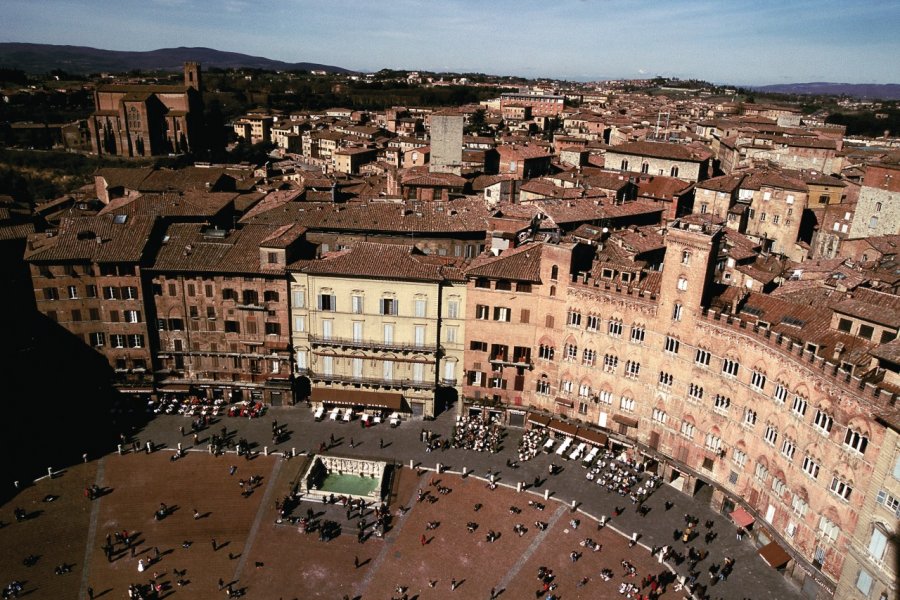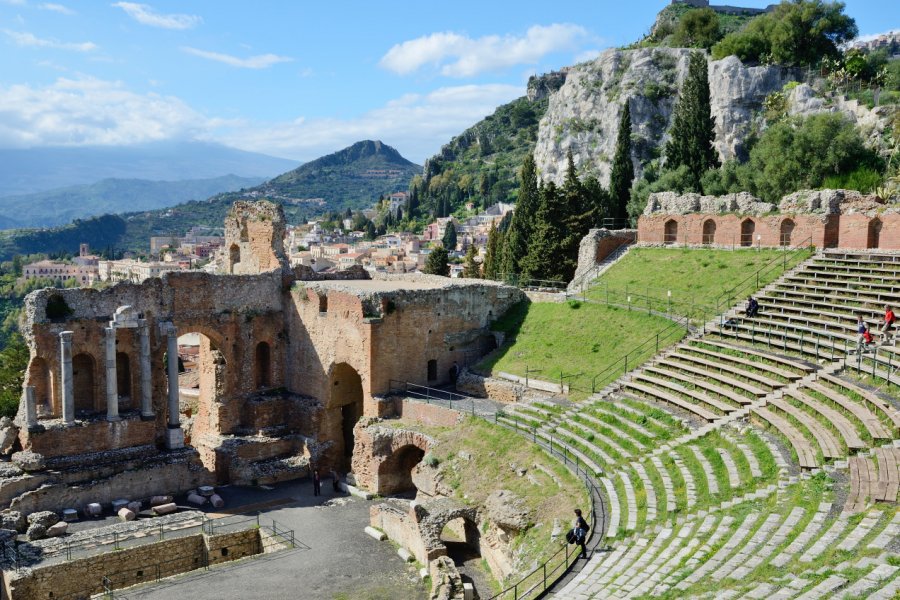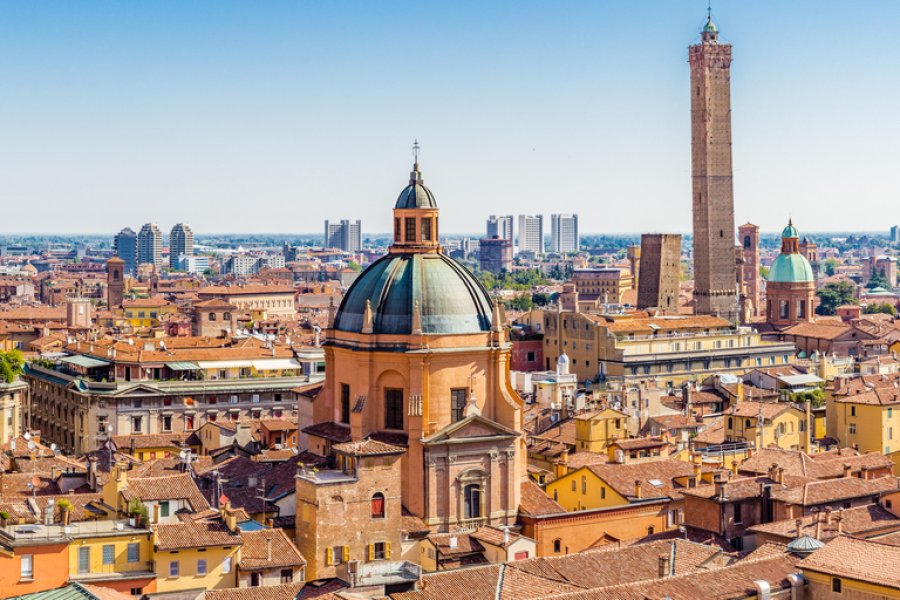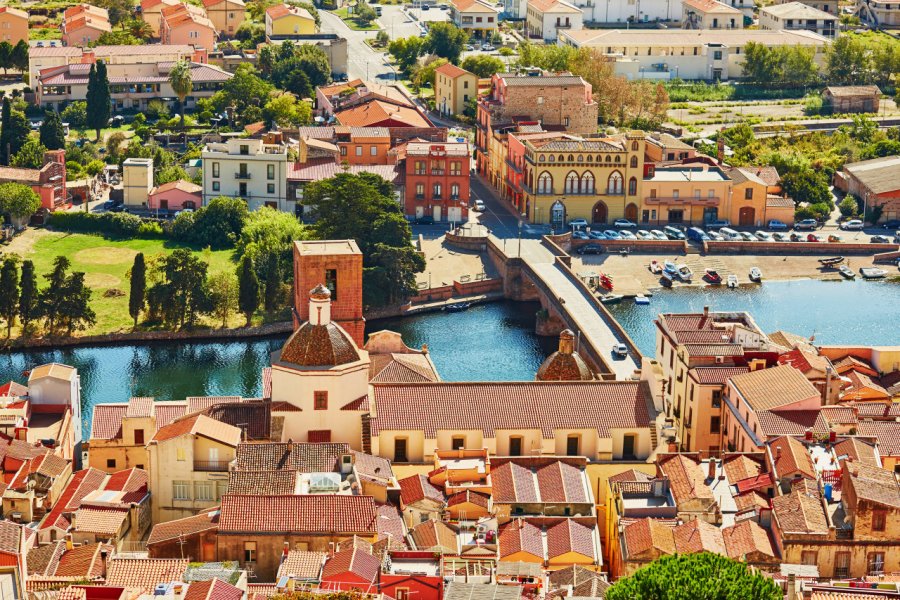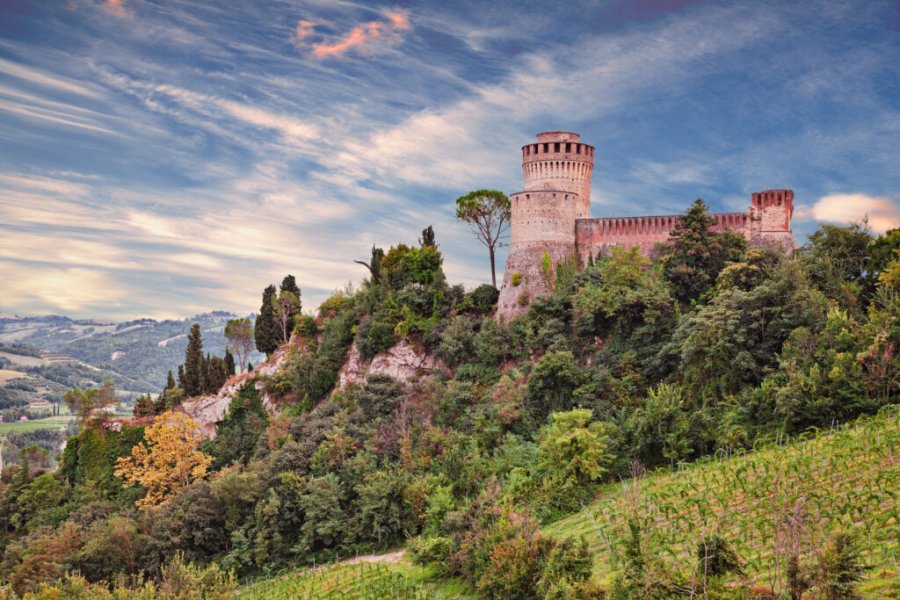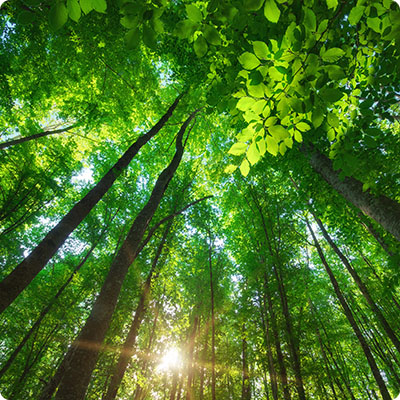Why go to Italy? The 10 good reasons to go Italy

The diversity of its landscapes
From the Alps to the Mediterranean coast, the landscape changes from region to region.

Its multiple cultures
Each region has its own culture, traditions and even its own dialect.

Its museum cities
Florence, Venice, Verona... There is no need to list the must-see places!

Its historical treasures
Archaeological sites, Renaissance palaces... History is displayed at every street corner.

Rome, the eternal
All roads lead to it... The Italian capital is an open-air museum.

The richness of its heritage
Let's remember that Italy holds the record for the number of sites listed by Unesco!

La dolce vita
The Italian way of life is not just a cliché, and you'll fall for it!

Its unbeatable gastronomy
Specialties that enchant the journey (and the palate!) from region to region.

His masterpieces to admire
The Primavera by Botticelli, The Last Supper by Da Vinci... A unique artistic heritage.

Discover a generous nature
Italy has no less than 25 national parks, ideal for going green!
What to visit Italy?
Good to know to visit Italy
 Timetable
Timetable
It all depends on the city you are in. In the center of large tourist cities such as Rome, Florence or Venice, you will find many establishments open continuously. In medium-sized cities and, even more so, in villages, there is a break between 1 and 4 pm. Moreover, in the summer, most cities are slow in the early afternoon because of the heat. Museum hours vary according to the season, they are usually open from 9am to 7pm, or even 8pm. The same goes for outdoor tourist sites which generally follow the rhythm of the sun, and therefore close much later in summer. The closing day is usually Monday.
 To be booked
To be booked
Reservations are the key to success for a tourist in Italy, especially in the big cities! It is highly recommended for visits to the Colosseum, the Fora in Rome, the Vatican museums, the Uffizi Gallery in Florence or the Doge's Palace in Venice, for example. As a general rule, for most of the must-see monuments, it is always better to make reservations. Without it, you risk having to wait for hours to get in, a waste of time that is not appreciated, especially in cities where there is so much to visit! For some sites, reservations are even mandatory (the Borghese Gallery in Rome and the Cenacolo Vinciano in Milan, for example). A word of advice: think about it in advance, as tourism is so high at certain times that it is difficult to find a free slot!
 Budget & Tips
Budget & Tips
It is always a good idea to go to the tourist offices of the larger cities to find out about passes for transportation and for museums and other points of interest, which can be advantageous. Rules vary from region to region, city to city. Admission is often free for EU residents under 18, and reduced for those under 25. Entrance to churches is often free, but this is not a general rule (the duomo in Milan, for example, is not free). If you are a Parisian, you should also know that, thanks to the twinning of Rome with Paris, you can get free admission to the municipal museums.
 Main events
Main events
In Italy, public holidays are most often related to Catholic religious holidays: Easter, Assumption, All Saints' Day and Christmas. Italy also celebrates St. Stephen's Day on December 26, Epiphany and the Immaculate Conception (December 8). In addition, there are the feasts of the patron saint of each town or village. April 25 (Liberation Day) and June 2 (Republic Day) are also public holidays. Apart from these holidays, other events punctuate the Italian calendar. These include the carnival (among the most famous: Venice, of course, but also Viareggio or Ivrea) and various events that gather crowds every year (palio in Siena, free concert on May1st in Rome or Taranto, San Remo festival...). Among the events that animate the country, let's not forget the great soccer matches, especially the derbies during which two teams from the same city face each other (AS Roma/SS Lazio; AC Milan/Inter Milan...).
 Guided tours
Guided tours
In big cities, guided tours are numerous. Some allow you to have an overview of the must-see monuments, others, often organized by local associations, offer thematic tours(street-art, discovery of a less touristic district...). In most of the monuments an audio guide will be offered, but note that since the pandemic, mobile applications to download have replaced the old earphones delivered on site. Guided tours on Vespa are also very popular in Italy.
 Smokers
Smokers
Smoking is prohibited in Italy in all public places. Smoking areas are often reserved outside for restaurants and bars.
 Tourist traps
Tourist traps
Always buy your tickets on official websites or at ticket offices, not from touts at the metro exits who offer you discounted tickets.
 What's very local
What's very local
It is often forbidden to enter churches in shorts and tank tops. Remember to bring a scarf to cover yourself, although single-use shawls are sometimes available at the entrance.
